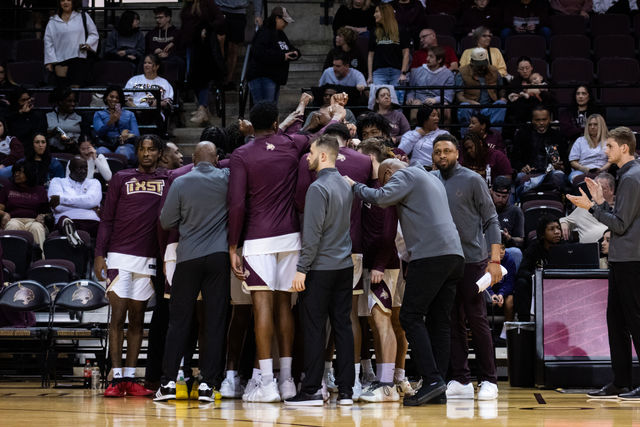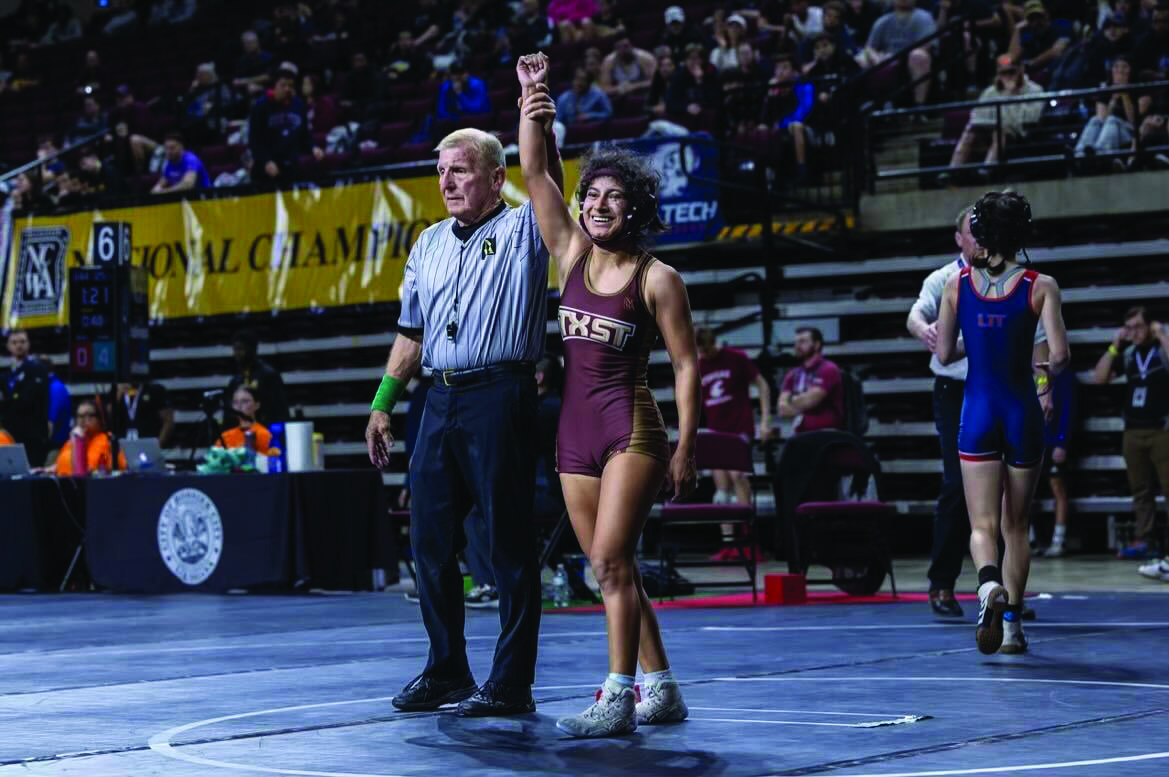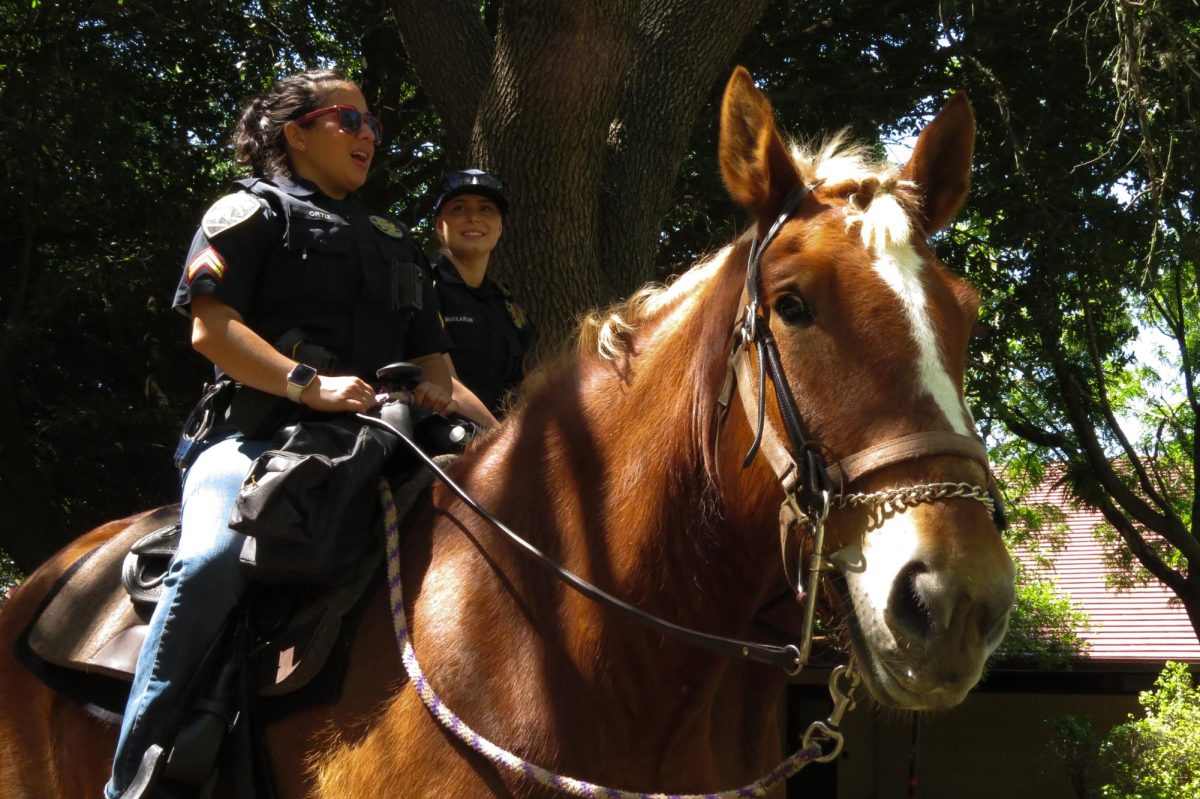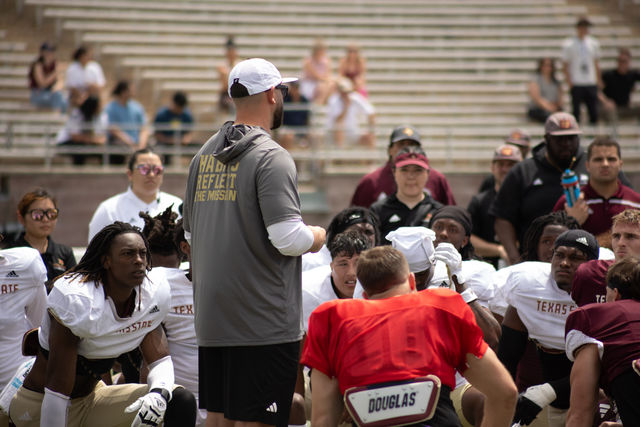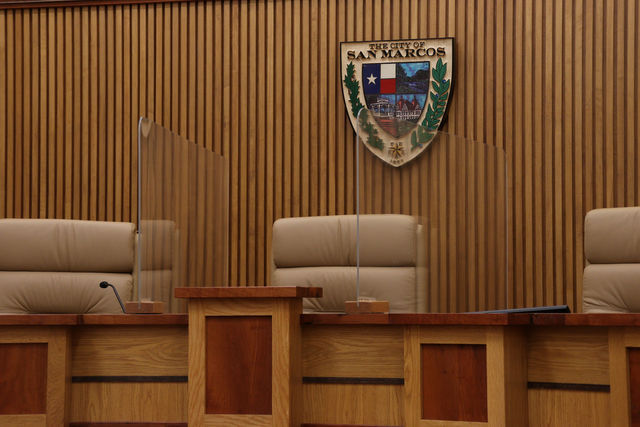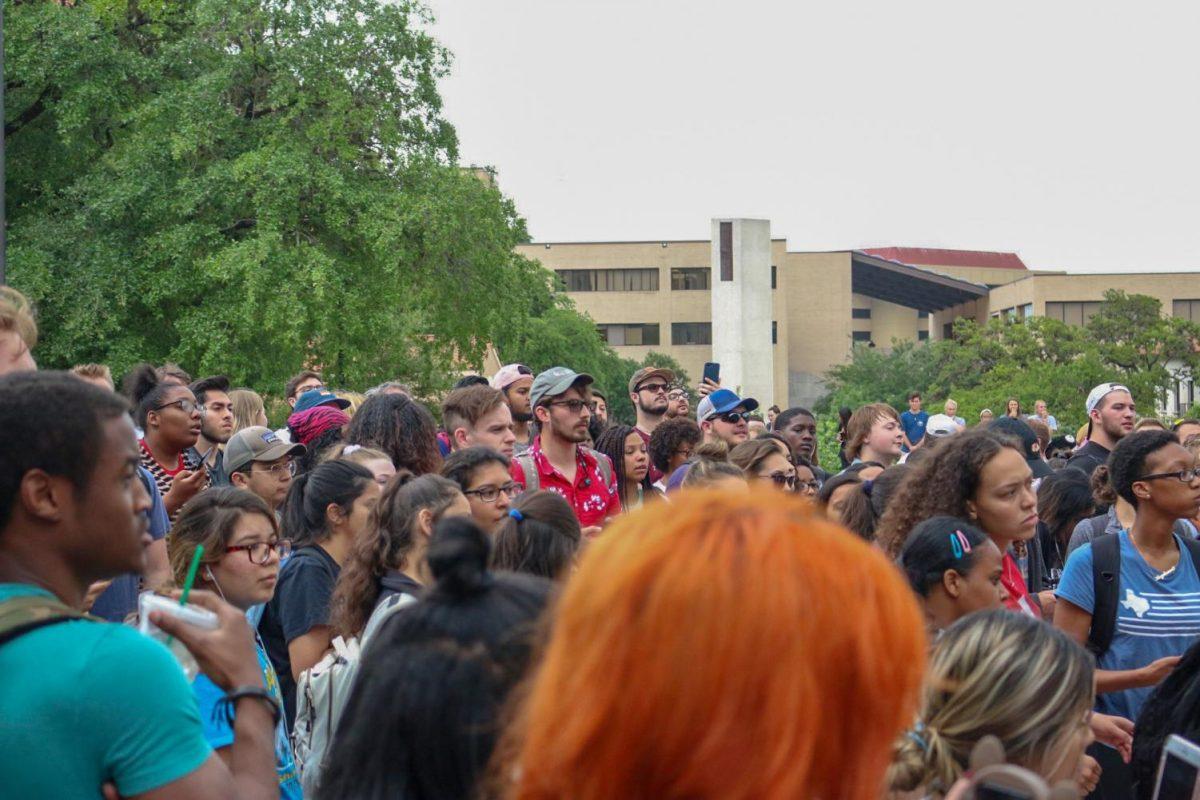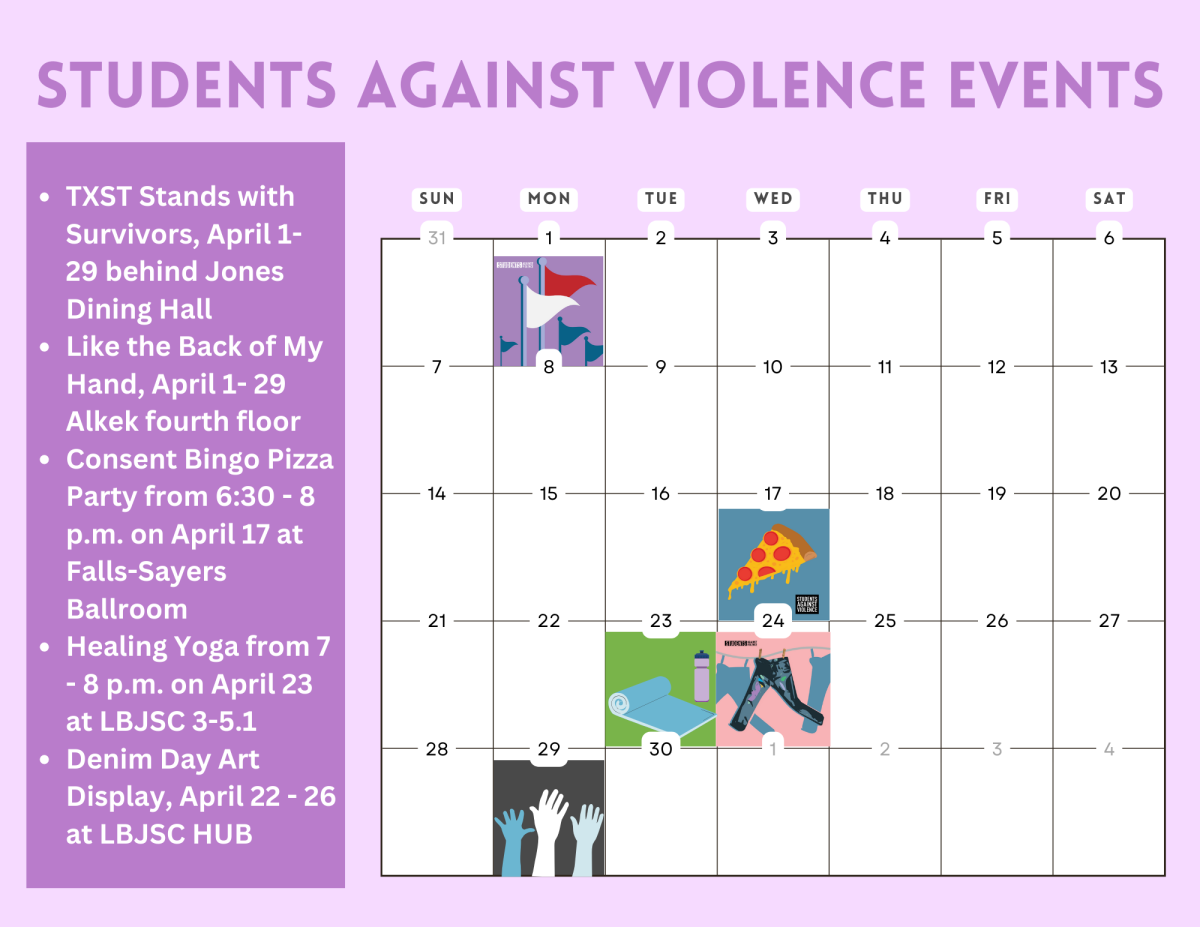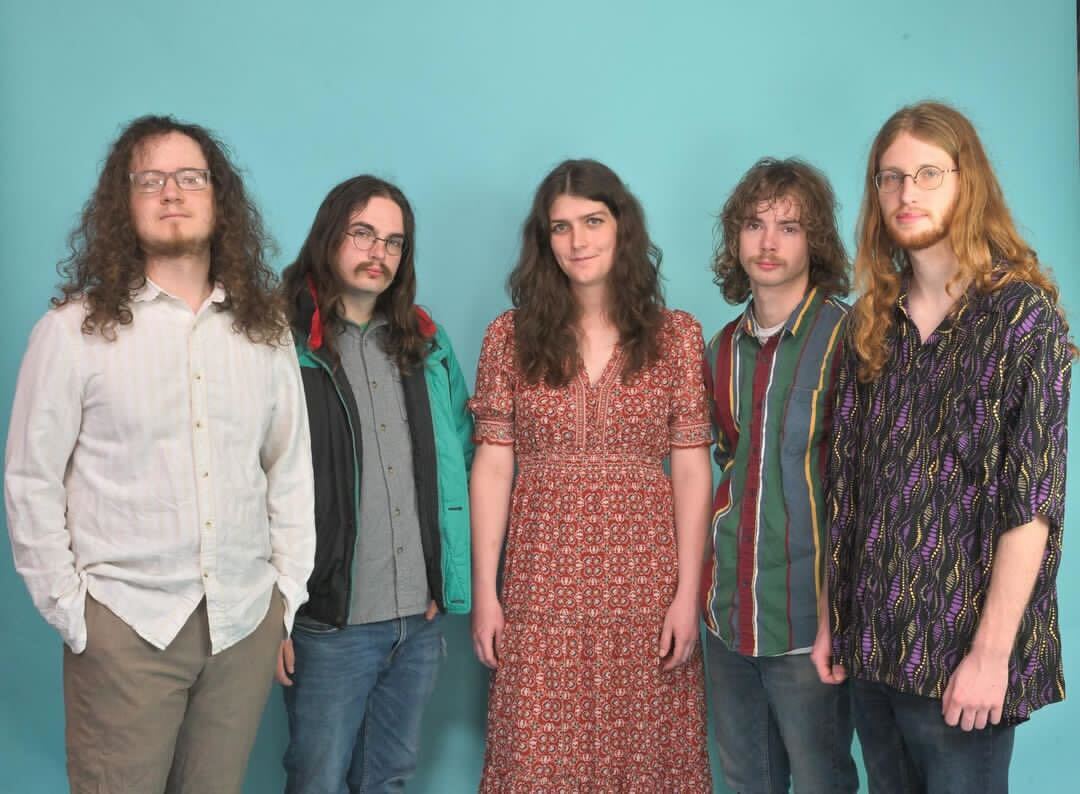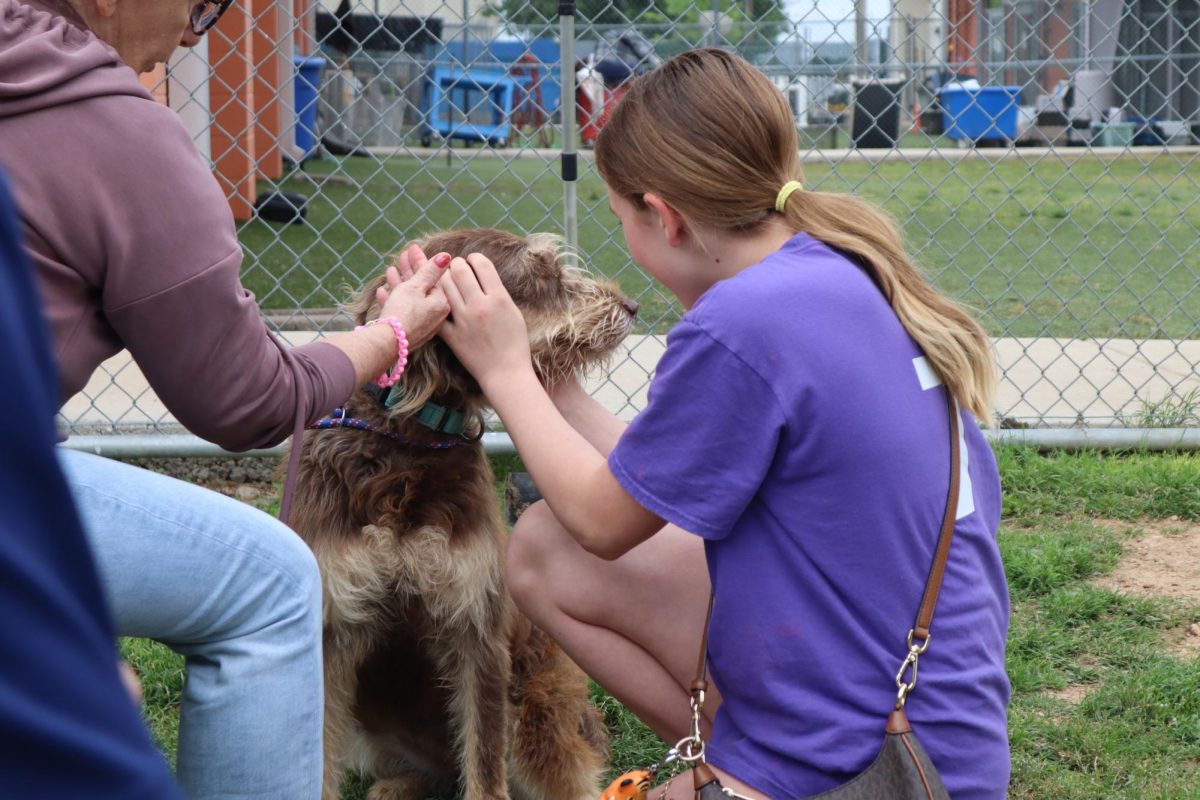The Texas State community participated in an interactive dialogue July 24 as part of the university’s Restorative Justice Town Hall series—a three-part initiative aimed at providing opportunities for discussions on race, trans-generational trauma, justice and law enforcement.
Part one of the three-part series was held via Zoom between 3:30-5 p.m. and was sponsored by Institutional Inclusive Excellence, a new university structure aimed to elevate Texas State’s diversity, equity and inclusion unit.
The first town hall presented an opportunity for participants to understand the historical context of trans-generational trauma in the U.S.
In her opening remarks, Assistant Vice President for Institutional Inclusive Excellence Sherri Benn said the three-part series aims to explore aspects of restorative justice and how this practice can help advance inclusivity and a racial justice community.
“We are grateful to have the opportunity to be in a community in this physical, virtual and metaphysical space to open our hearts to one another in this spirit of sharing our experiences in order to learn and be transformed by one another,” Benn said.
Following Benn, President Denise Trauth said the Restorative Justice Town Hall series is part of a seven-part plan created by members of her cabinet and university leaders that strives to nurture dialogue and learning in hopes of inspiring actions that reimagine and repair the university community.
“To build a community that is equitable and inclusive and where everyone feels safe regardless of their skin color [is] not only about creating a culture where people feel welcomed, it’s also about changing our culture so we are equally engaged in co-creating our community that meets the needs of all students, faculty and staff,” Trauth said.
The discussion was moderated by Dean of the College of Education, Michael O’Malley, who introduced the five panelists: Kate Cotnam, a counselor at Texas State, who provided insight on racial trauma as a psychological construct; Dr. Dwight Watson, an associate professor of history, who examined the historical context of racial trauma in the U.S.; Dr. Greg Moses, a philosophy lecturer, who analyzed resistance and rebellions as a rational response toward generational trauma; Dr. Scott Bowman, an associate professor in the School of Criminal Justice and Criminology, who focused on the role and importance of social contracts between the U.S. and its people; and Veronica Silva, a restorative practices associate for the Austin Independent School District, who examined the role of restorative justice in healing communities.
When discussing the social contract between U.S. citizens and the protection they receive by police, Bowman explained certain individuals have always benefited from that social contract. He describes a social contract as an idea of how individuals get along with one another and more specifically as an exchange of personal rights for protection.
“They are individuals that say, ‘I’m just simply going to call the police, and I know that when they get here they’re going to believe me instead of believing you’,” Bowman said. “That is a basic social contract, there’s no question. You’ve seen [it] from barbecues, lemonade stands, to Central Park bird watchers and everything in between.”
Following Bowman, Silva explained the importance of restorative practices, which are processes that build relationships and a sense of community and prevent and address harm. In school settings, Silva says there’s a spectrum in which restorative practices can be utilized in classrooms, curriculums and culture.
One component that is most popular when discussing restorative practices is the circle process. Silva says this component was founded by the indigenous community and has been used to promote harmony among tribes and as a strategy to solve problems peacefully.
“The indigenous community shared the circle process with non-native people because they wanted different alternatives to mass incarceration for their community,” Silva said. “Over time it was adapted and popularized by the prison system and became known as restorative justice.”
The conversation continued with a series of questions from viewers, such as “How and why has policing become so racially divisive, and what can police do to help?”
In response, Watson said policing has always been racially divisive and explained policing in America began as a night watch system operated to protect the goods and services of the wealthy. He says what happens in terms of race and police is an idea of bias.
“The majority of police officers do not come from the community that they serve,” Watson said. “They bring with them biases and underlined experiences to an urban environment usually. They see people as individuals that should be controlled rather than people they can talk to.”
“Why do people believe racism is real [only] when they see the most heinous acts being committed against Black [people] such as the murder of George Floyd and others but don’t believe people of color when they try to share with them the truth of racism that they deal with in their everyday lives at work, at school, driving, when visiting a doctor, shopping, etc?” another viewer asked.
Cotnam replied by suggesting that this ideology comes from a psychological place of comfort. She says white people engaged in racial discrimination or microaggression may become defensive on topics of racism and privilege because they realize they have benefited from a system that has oppressed the rights and priveledges of others.
“In order to acknowledge that something racially unjust just happened, they have to acknowledge that the world itself is not just and that often bursts the bubble of privilege,” Cotnam said.
Panelists were then asked how the University Police Department can create a safe environment for all students, considering the current health and economic crisis, the fight for racial justice and an election season.
Moses responded from a resistance and rebellion point of view in which he highlighted the harsh treatment Texas State students encountered by university police during campus protests. He says he hopes that in the spirit of the town hall on restorative justice the university can transform its relationship with student protestors.
“I think that could go a long way of addressing one of the issues that we’ve experienced on campus,” Moses said. “I hope that on that basis that we can revisit some of the punishments that have been visited over the past couple of years.”
The program’s closing remarks were led by Benn who emphasized the need for individuals to engage in the process of healing and transformation. She concluded the town hall session by reading a quote from Maya Angelou:
“History despite its wrenching pain cannot be unlived but if faced with courage need not be lived again.”
Part two of the three-part town hall series will be held Aug. 3 from 3:30-5 p.m. via Zoom. The discussion will focus on storytelling and will include student, faculty and staff panelists.
For more information on Texas State’s Restorative Justice Town Hall Series, visit the Institutional Inclusive Excellence website.

